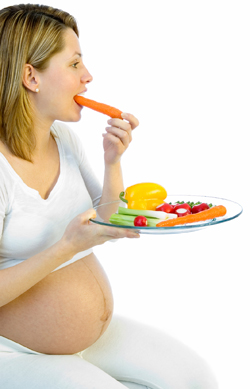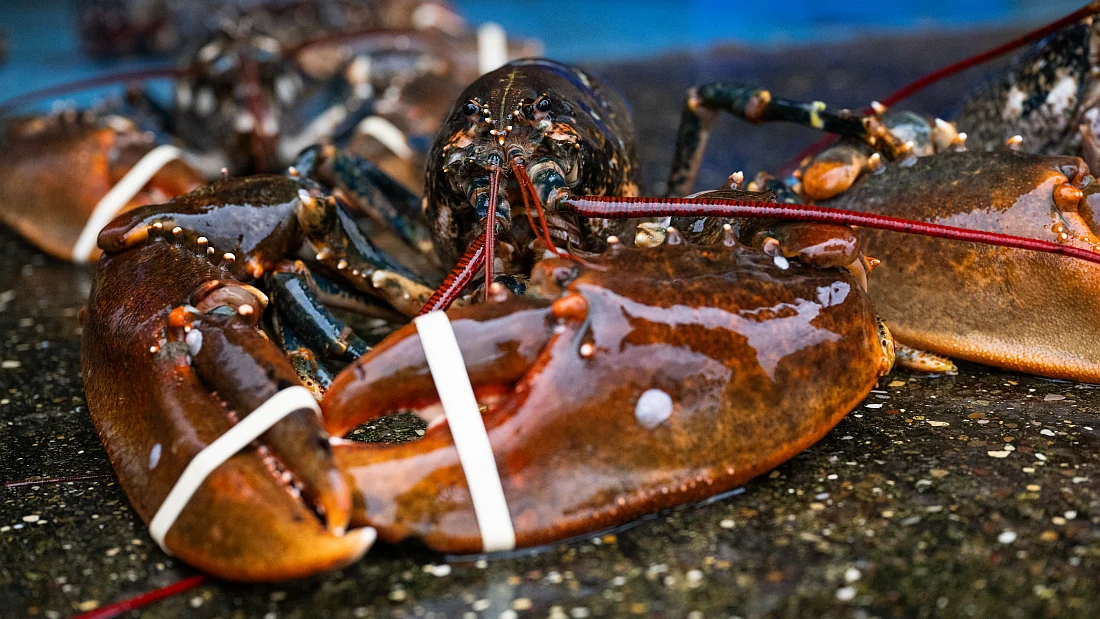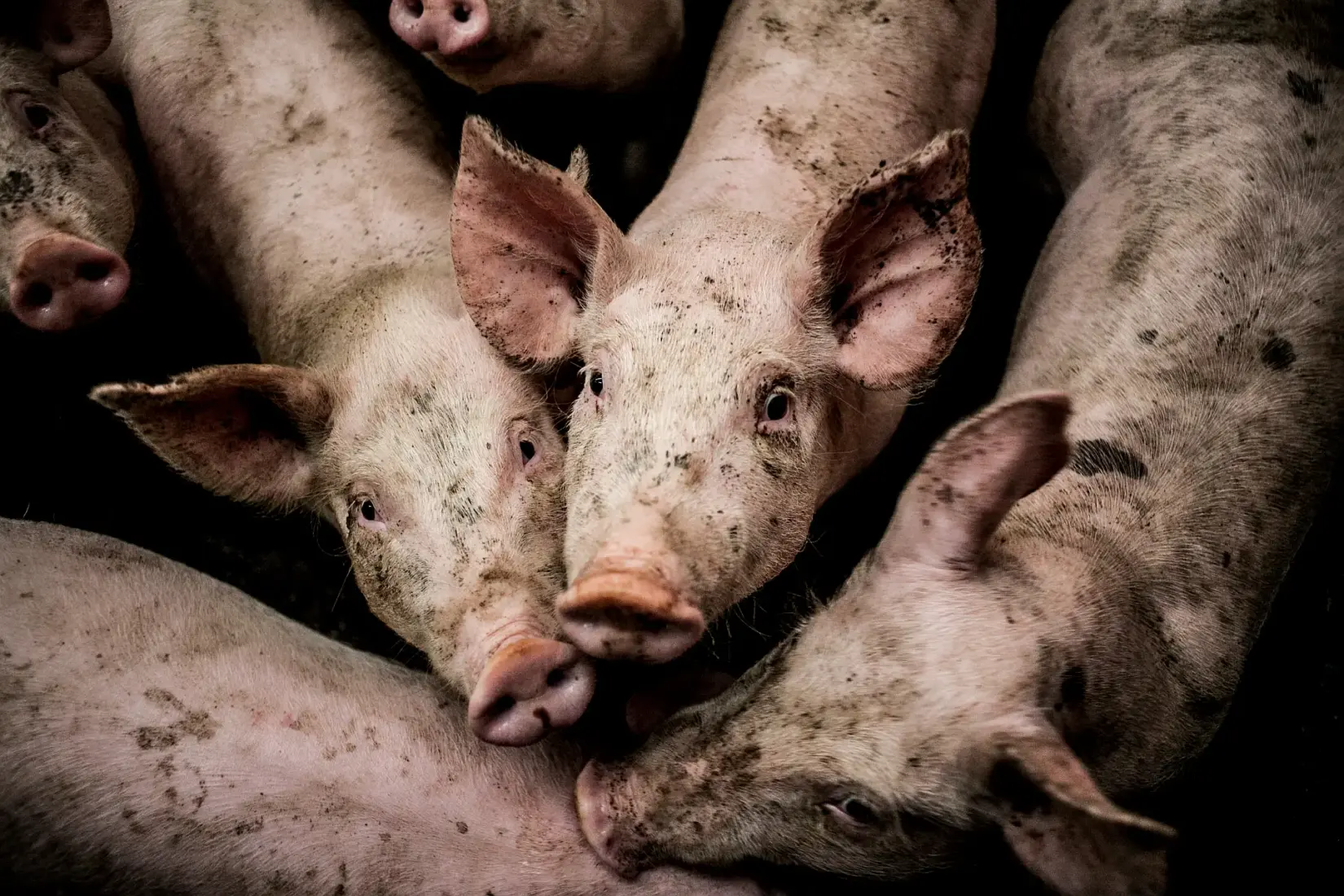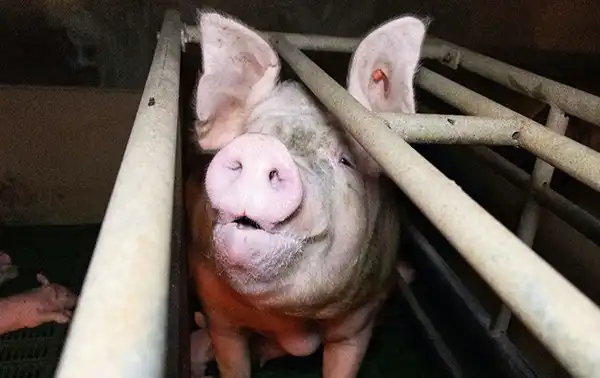Babies and B12

It’s the worst kind of journalism; a tiny bit of truth expanded into some ludicrous scare-story. These days it seems, the word ‘vegan’ inserted into any story will guarantee you a headline. The study this piece was based on looked at B12 status in pregnant women from different countries around the world and found that those with very low levels were more likely to give birth early. That is NOT the same as saying vegans give birth early!
Study author, Dr Tormod Rogne from the Department of Public Health and General Practice at NTNU, says low levels of vitamin B12 may be associated with undernutrition and poverty, that may affect length of pregnancy. The study looked at pregnant women from a range of countries including India and said that ‘B12 deficiency may be a proxy for inadequate nutritional status’.
B12 is a tricky vitamin and notoriously difficult to absorb in some people. Vitamin B12 in meat is bound to animal protein and so is more difficult to absorb than the unbound form used in fortified foods and supplements. B12 is found in meat and dairy only because factory-farmed animals are given a supplement. France accounts for 80 per cent of world production of vitamin B12 supplements producing more than 10 tons per year; over half of that goes into animal feed. Cut out the middleman and take your own supplement!
Viva! Health recommends a B12 intake of 5μg per day from fortified foods with the regular use of supplements to ensure topping this up. This is particularly important for children too. B12 deficiency increases with age; up to 40 per cent of the UK’s meat-eating elderly population suffers from low B12 due to a reduction in their ability to absorb this vitamin. In the US, The Institute of Medicine of the National Academy of Sciences recommends that all adults over 50 years (including meat-eaters) get B12 from supplements or fortified foods because of the high incidence of impaired B12 absorption from animal foods in this age group.
Encouraging people to eat meat in order to improve their health is irresponsible and dangerous. Meat and dairy products are linked to a huge number of health problems and diseases that affect infants too. A Finish study found that children of breastfeeding mothers who ate red meat and meat products had a 19-27 per cent higher risk of developing type 1 diabetes – a lifelong condition. Being overweight or obese can lead to B12 deficiency and meat-eaters are far more likely to be overweight than vegans. This is more of a public health issue than a healthy vegan diet!
A study in Switzerland found that despite a relatively low B12 intake from food in a vegan group they looked at, deficiency of this vitamin was low thanks to the widespread use of supplements. They concluded that consuming a well-balanced diet including supplements or fortified products, all types of diet can fulfil requirements for vitamin and mineral consumption.
It could be argued that vegans have a heads-up on B12 as they routinely include a supplement or fortified foods in their diet.





